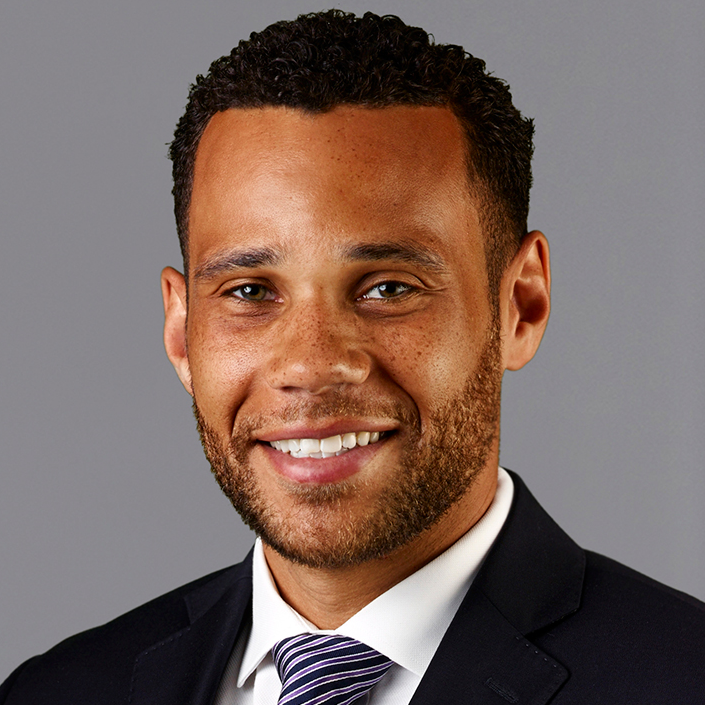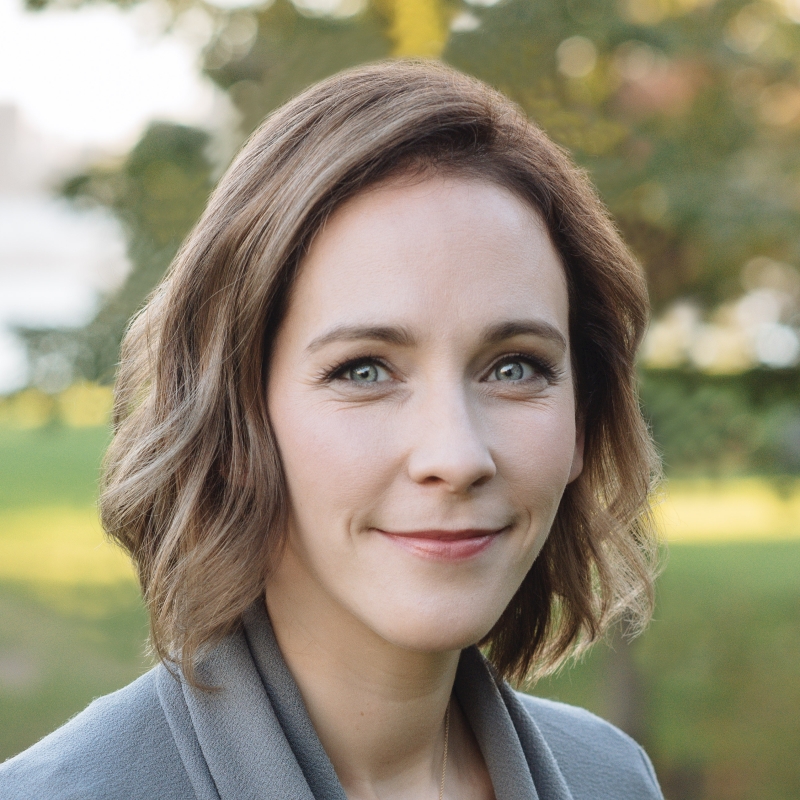This event takes place from 12:30 p.m. – 5:00 p.m. ET
Gender Equity Virtual Conference
Conference Co-Chairs
Conference Advisory Committee
Kristine Barr
Human Rights Representative
Canadian Union of Public Employees (CUPE), Manitoba Regional Office
Wednesday, April 17, 2024
Introductory remarks by co-chairs: 12:30 pm – 12:35 pm ET
Prof. Adelle Blackett
Chair
Employment Equity Act Review
Task Force
Professor
Canada Research Chair in Transnational Labour Law
McGill University
Break: 1:20 pm – 1:30 pm ET
In this session, panelists will examine recent noteworthy cases and legislative developments relating to gender equity in the workplace. Speakers will discuss the latest cases addressing topics such as:
- Key trends in discipline and damages for sexual harassment and discrimination on the basis of sex, gender, and family status;
- The impact of stereotypes and unconscious bias and the role of intersectionality in evaluating and responding to allegations of discrimination and harassment;
- “Poisoned work environments”, including the impact of “microaggressions” and other subtle forms of discrimination;
- Off-duty conduct, including determining when conduct that is harassing or discriminatory will be considered sufficiently connected with the workplace to be actionable;
- Key principles and best practices in investigating discrimination and harassment claims;
- Best practices in respecting gender diversity at work;
- The use of anti-strategic lawsuits against public participation (SLAPP) proceedings to protect human rights-related speech; and
- Pay equity update.
The panel will also address recent federal and provincial legislative initiatives, including:
- The federal Employment Equity Act Review Task Force Report and related changes to the Act;
- Recent federal regulations improving the availability of menstrual products in the workplace; and
- Proposed and pending provincial legislative initiatives aimed at promoting pay transparency.
Final selection of topics will take place in the weeks leading up to the conference, ensuring coverage of the latest and most newsworthy developments.
Break: 2:45 pm – 2:55 pm ET
Silenced or Settled? The implications of using non-disclosure agreements to settle harassment and other workplace disputes
Jennifer Khor
Supervising Lawyer & Project Manager
Sexual Harassment Advice, Response, and Prevention for Workplaces
SHARP Workplaces
Stand Informed legal advice services
Non-disclosure agreements, colloquially referred to as “NDAs”, are legal contracts that ensure confidentiality between signatories. While NDAs are common practice in workplace settlements, there is growing concern about the potential of NDAs to silence the victims of discrimination and harassment while shielding employers from reputational damage. The Canadian Bar Association has passed a resolution against the misuse of NDAs. In this session, a panel of experts will address the following:
- How are NDAs currently being used in workplace disputes?
- What are the legal components of NDAs? What information can be covered by an NDA?
- What are the negative ramifications of using NDAs in workplace disputes? What are the potential benefits? How do NDAs impact the victims of harassment and/or violence?
- What circumstances may render an NDA unenforceable?
- What happens if an employee or former employee violates an NDA? How have courts and/or arbitrators treated breaches of NDAs?
- What legislative/regulatory changes have been passed respecting the use of NDAs in workplace disputes? What changes are forthcoming?
Break: 3:45 pm – 3:50 pm ET
Building Belonging at Work: Achieving genuine inclusion of gender diversity
Genuine inclusion of transgender and gender-diverse individuals in the workplace is a critical component of providing a safe and healthy work environment. In this session, expert panelists will explain the ways in which employers, unions, and employees can collaborate to create an inclusive workplace for all, addressing the following:
- What is gender identity and gender expression? What does it mean to be transgender or gender-diverse?
- What are the benefits of diversity and inclusion in the workplace? What are the advantages of a diversity and inclusion team and how can an employer foster the team’s success?
- What are examples of common mistakes made by employers when attempting to achieve inclusion of transgender and gender-diverse individuals?
- How can an employer design, implement and monitor genuine and effective inclusive policies for transgender and gender-diverse individuals? Who should have a role in developing and/or monitoring inclusive workplace policies?
- How can employers and unions best incorporate inclusive hiring practices?
- What steps must an employer take when discrimination or harassment concerns arise relating to the mistreatment of a transgender or gender-diverse employee? Why are investigations so critical to the protection of transgender or gender-diverse employees? What role does the union and employee have in the complaint process, investigation process, and outcomes of the investigation?
- When may a transgender or gender-diverse employee require accommodation? When do employers have a duty to accommodate? What role do the employer, the union and the employee play in the accommodation process? How can employers and unions support transitioning employees?
- In creating an inclusive workplace, what role do organizational competency and raising awareness play in the workplace regarding gender identity and gender expression?
Closing remarks by co-chairs: 4:55 pm – 5:00 pm ET
CPD
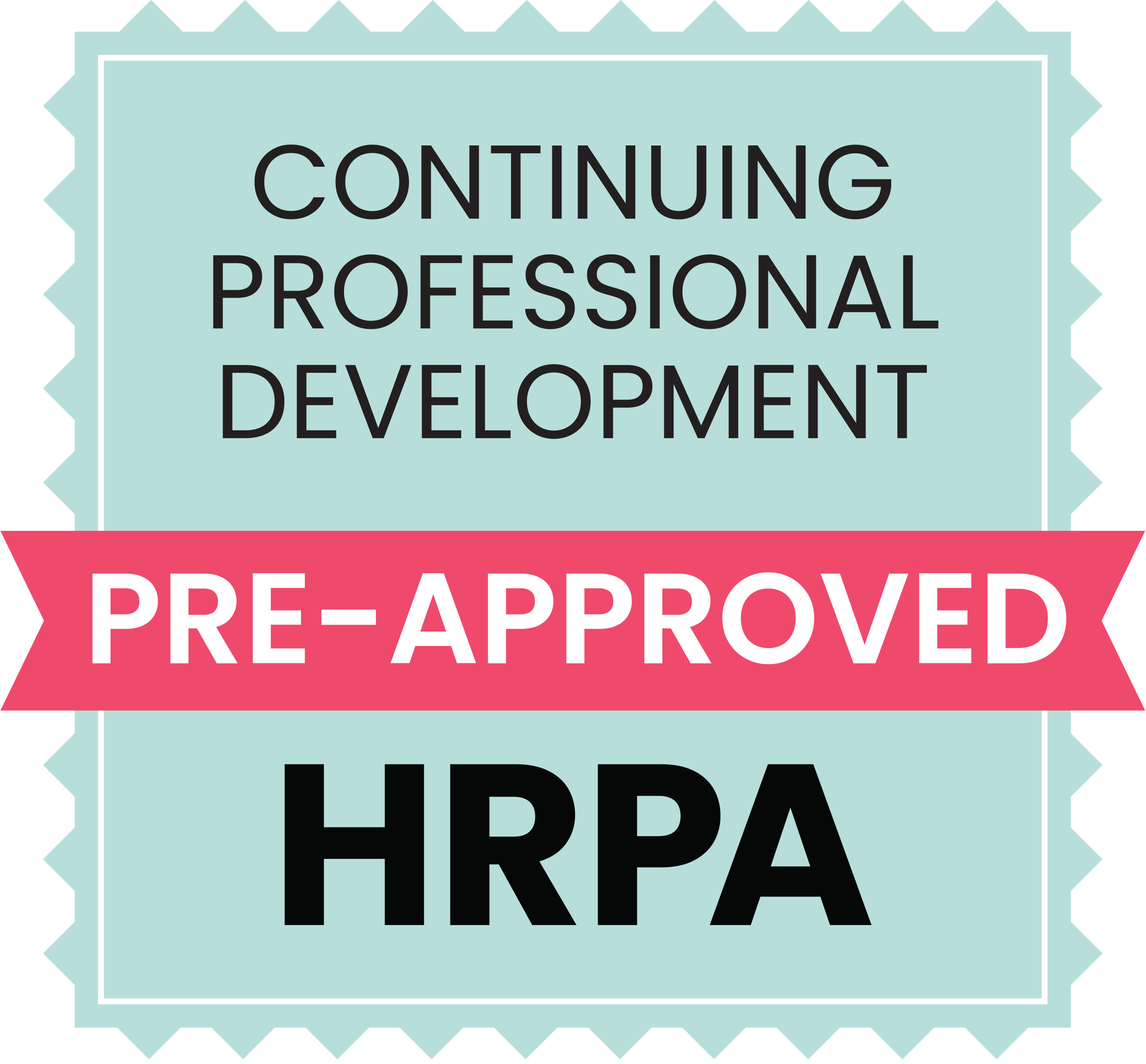
This program has been approved for 3.45 Continuing Professional Development hours under Section A3 of the Recertification Log of the Human Resource Professionals Association.
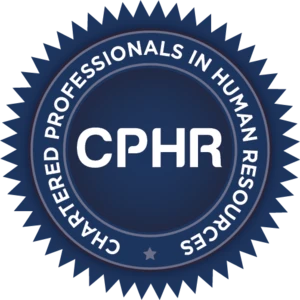
This program has been approved by CPHR BC & Yukon for 3.45 Continuing Professional Development hours.
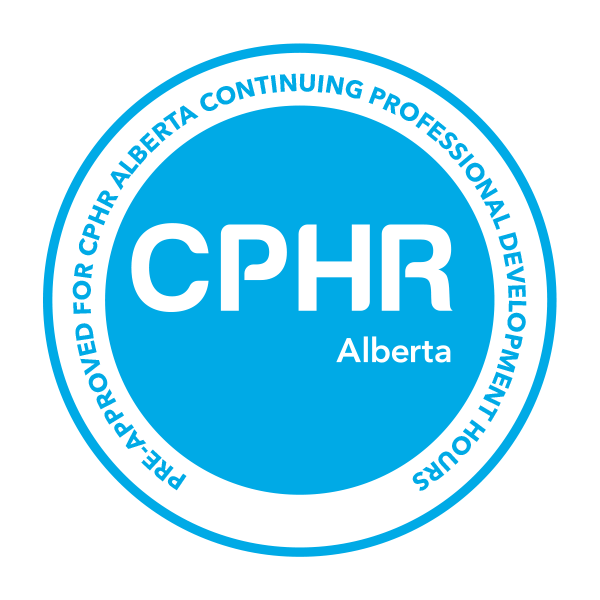
This program has been approved by CPHR Alberta for 3.45 Continuing Professional Development hours.
- This program has been approved by the Law Society of British Columbia for 3.45 Continuing Professional Development hours.
- Members of the Nova Scotia Barristers’ Society may consider counting this program for 3.45 Continuing Professional Development hours.
- Members of the Law Society of New Brunswick may consider this program for 3.45 Continuing Professional Development hours.
- Members of the Law Society of Ontario may consider counting this program for 3.45 substantive hours; 0 professionalism hours.






